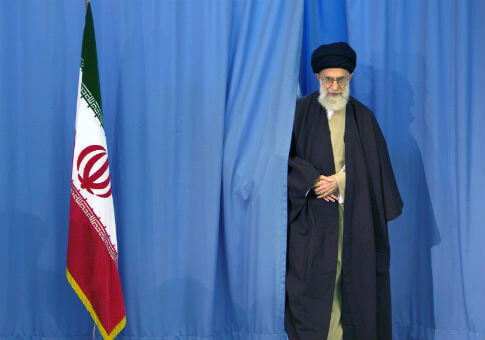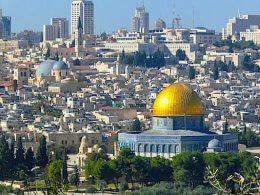Iran is harboring al Qaeda’s new leader Saif al-Adel, according to intelligence collected by the United Nations.
U.N. member states overwhelmingly agreed that al-Adel is now the "uncontested leader" of the international terror group and is running operations from inside Iran, according to a report published Thursday by the U.N. Security Council’s Analytical Support and Sanctions Monitoring Team.
Al Qaeda has not formally announced al-Adel’s ascension, primarily due to his presence in Iran, which has historically been at odds with the terror group due to religious differences. The group’s former leader, Ayman al-Zawahiri, was killed in a U.S. strike last year.
"Member States’ predominant view is that [al-Adel] is now the de facto leader of al Qaeda, representing continuity for now," according to the report. "But his leadership cannot be declared because of … the fact of [al-Adel’s] presence in the Islamic Republic of Iran."
The report signals that despite religious divisions between Iran’s hardline clerical regime and al Qaeda, there is a growing desire among both entities to team up on the terrorism front. Al-Adel has deep ties to the Iranian regime and took refuge inside the country in the early 2000s, along with several other top al Qaeda members. He is believed to have orchestrated al Qaeda’s terror operations from his perch in Iran, including attacks on Americans.
Related Story: 5 Places Where Terrorist Groups Have Flourished in 2022









